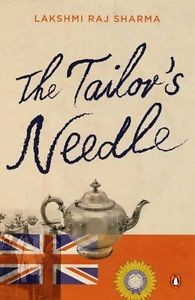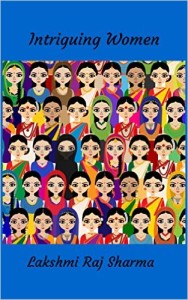Talking about Your Fiction Book
Writing and publishing a book of fiction is one thing, talking or writing about it is quite another. The two are two different kinds of activity. Writing fiction is usually not that intellectual; it employs the conscious mind much less. It is not for nothing that Shakespeare clubbed together the lunatic, the lover and the poet. Fiction comes from the whole being of a writer, where the soul is the captain of the writer’s being. As I write fiction, I little realize what I write or why I write a certain thing. It just happens and continues to happen. I, therefore, cannot write every day. I need to get into the mood; that blessed mood, in which the senses gently lead me on. After I have written something and when I sit down to read that, it surprises me to think that I had written it. In other words, fiction (the kind of fiction I write) comes mainly from the subconscious, intuitive, self.
When I am asked to say something about my novel or short story collection, I have to make a conscious effort to try and justify whatever I have written. In this, there is very little role for my unconscious or intuitive self. I need much more planning unless it is one of those rare days when even my critical faculty seems to be linked to my subconscious. In thinking about my writing, I try to be more intellectual and intelligent. I believe that students who study the human brain could research on this matter. There seem to be two different sections of the brain that feed creative and critical writing. The fiction writer perhaps uses one and the theorist of fiction, another.
Writers of fiction will often reach an exploratory domain magically. Their Imagination will give them wings to fly to it at a great speed. Of my novel, The Tailor’s Needle, not more than ten percent is the outcome of my conscious mind. It took me seven years to write the novel. But then, I encountered long gaps, writing only when I was led on to that “blessed mood”. The little planning that I did consciously was often given up for more intuitively grasped solutions to the novel’s plot; solutions that came in a flash as opposed to the hours of empty effort I tried to make consciously to find them. The same happened in the case of my short story collection, Intriguing Women; each story came in a flash.


https://www.amazon.com/Intriguing-Women-Lakshmi-Raj-Sharma-ebook/dp/B01CBJCUNC/ref=sr_1_1?ie=UTF8&qid=1469156334&sr=8-1&keywords=intriguing+women%2C+kindle#nav-subnav
I don’t know if this happens with other writers of fiction as well but in my case, my life has been very largely altered ever since I began to give so much time to writing. Now my conscious mind does not always come to my aid quickly when I am thinking about how I do my writing. My mind refuses to oblige as it did earlier. As a result, my speech tends to get a little less fluent or spontaneous when I am trying to put together my reminiscences or recollecting something regarding my creative process. Critical analysis is much more thought out. You will notice this in the short video I have attached to this blog post.
- How Authors Can Sell More Books - April 11, 2018
- Pure Fiction - December 13, 2017
- I Think I Know - December 12, 2017

It’s spooky how clever some ppl are. Thsank!